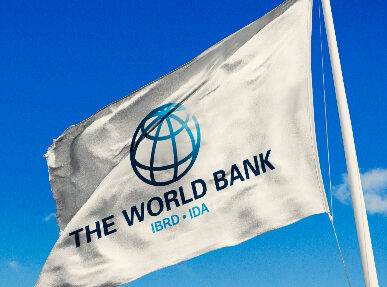The World Bank is advising Ghana’s new administration to focus on rebuilding economic credibility before considering a return to the international capital markets.
In its latest assessment, the Bank cautioned that the new administration should also refrain from a hasty return to the Eurobond market, which international investors would interpret as taking the easy way out.”
The report stressed that “credibility cannot be rebuilt through fresh borrowing but only through discipline, transparency, and politically difficult reforms,” urging government to prioritise strict implementation of the Medium-Term Debt Management Strategy and ensure full disclosure of the Annual Borrowing Plan.
It also pointed to Ghana’s long history of fiscal instability, stating, “Sudden macroeconomic stops and crises have led the country to request a record number of IMF programmes, remaining under active IMF programmes for 40 out of its 68 years of history.”
According to the World Bank, the 2022 financial crisis “was not caused by COVID-19 or the Russia-Ukraine war but by years of fiscal indiscipline, excessive borrowing, and weak public financial management.”
Easy access to Eurobond markets in the past decade, the report said, encouraged political short-termism and delayed critical reforms.
The Bank added that even after debt restructuring and ongoing IMF support, “reestablishing credibility will take time, but the process can start immediately,” calling on government to use its early mandate to push through politically challenging changes.
President John Mahama has already indicated a similar position. “We have survived without going to the capital markets. We’ve survived without borrowing. … As the President, I would not favour a quick return to the international capital market. I think we should go like this for a while and consolidate the economy before we look at external financing,” he said during a recent media engagement.
The World Bank recommends that Ghana enforce fiscal rules, broaden the tax base and reform state-owned enterprises, particularly in the energy and cocoa sectors, to break the cycle of debt and bailouts.
Source: asaaseradio.com




